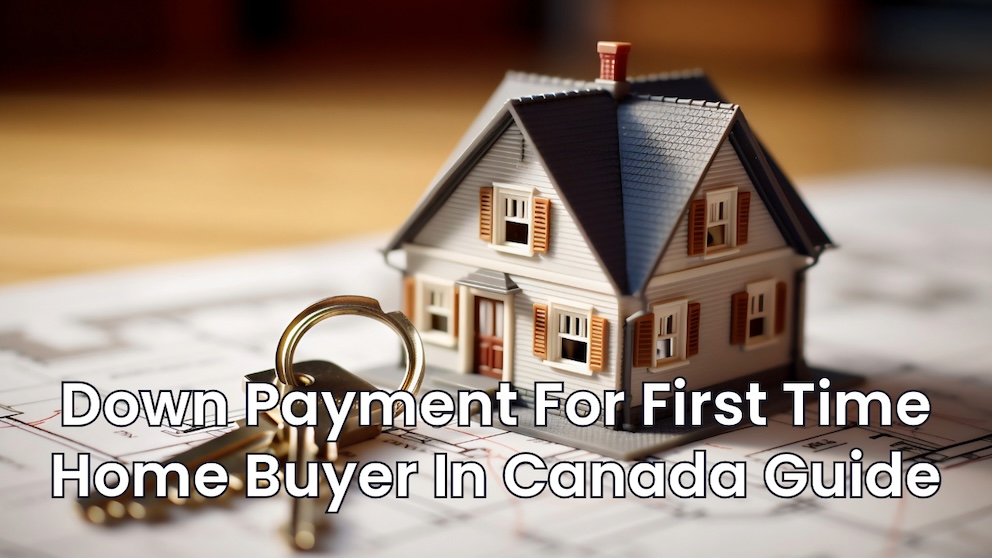Embarking on the journey of purchasing your first home in Canada is an exciting, albeit daunting, venture. One of the most significant steps in this process is understanding and preparing for your down payment. This article delves into the essentials of down payments for first-time home buyers, offering insights and advice to make this journey smoother and more manageable.
Understanding Down Payments
What is a Down Payment?
A down payment is the initial, upfront payment you make when purchasing a home, with the remainder of the purchase price covered by your mortgage. In Canada, the size of your down payment is a crucial factor in determining your mortgage terms and how much you ultimately pay for your home.
The Minimum Requirement
For first-time home buyers, the minimum down payment required depends on the purchase price of the home:
- For homes priced at $500,000 or less, the minimum down payment is 5%. A $0 down option may be available, but it still requires a down payment. $0 down payment mortgages are essentially a borrowed down payment mortgage where the 5% is borrowed from a credit line or government program.
- For homes priced between $500,000 and $999,999, you need 5% of the first $500,000 plus 10% of the portion of the price above $500,000.
- For homes priced at $1 million or more, the minimum down payment is 20%.
The Impact of Your Down Payment
Mortgage Insurance
If your down payment is less than 20% of the purchase price, you’ll need to get Mortgage Default Insurance, which protects the lender in case you default on your loan.
Long-term Financial Implications
A larger down payment reduces your mortgage balance, leading to lower monthly payments and less interest paid over the life of your mortgage. It’s a balance between saving for a larger down payment and entering the housing market sooner.
Saving for Your Down Payment
Strategies and Tips
- Budget Wisely: Create a detailed budget to track your spending and find areas to save.
- High-Interest Savings Account: Consider placing your savings in a high-interest account specifically designed for first-time home buyers, including an FHSA account.
- The Home Buyers’ Plan (HBP): This program allows you to withdraw up to $60,000 from your RRSPs tax-free to purchase your first home, with up to 15 years to repay it.
Government Programs and Incentives
- First-Time Home Buyer Incentive: Offers 5% or 10% towards your down payment in exchange for an equivalent stake in your home’s equity.
- Tax Rebates: You may be able to apply for a HST credit or for the Home Buyers Tax Credit potentially saving you thousands. Links to both programs.
FAQs
Can I use gifted funds for my down payment?
Yes, gifted funds from immediate family members are acceptable for a down payment, provided a letter is signed stating the funds are a gift and not a loan.
How does my credit score affect my mortgage application?
A higher credit score can help you secure a better mortgage rate, potentially saving you thousands in interest over the life of your mortgage. It reflects your financial reliability to lenders.
What other costs should I consider besides the down payment?
Remember to account for closing costs (such as land transfer tax, legal fees, taxes, and inspection fees), which typically range from 1.5% to 4% of the purchase price, in addition to your down payment.
Navigating the complexities of your first down payment can feel overwhelming, but with the right knowledge and preparation, it can be an exciting step towards homeownership. By understanding the basics, saving strategically, and taking advantage of available programs and incentives, you’re well on your way to laying the foundation for your future home.
For more insights and advice on navigating the Canadian real estate market, visit Alex Lavender’s blog.


